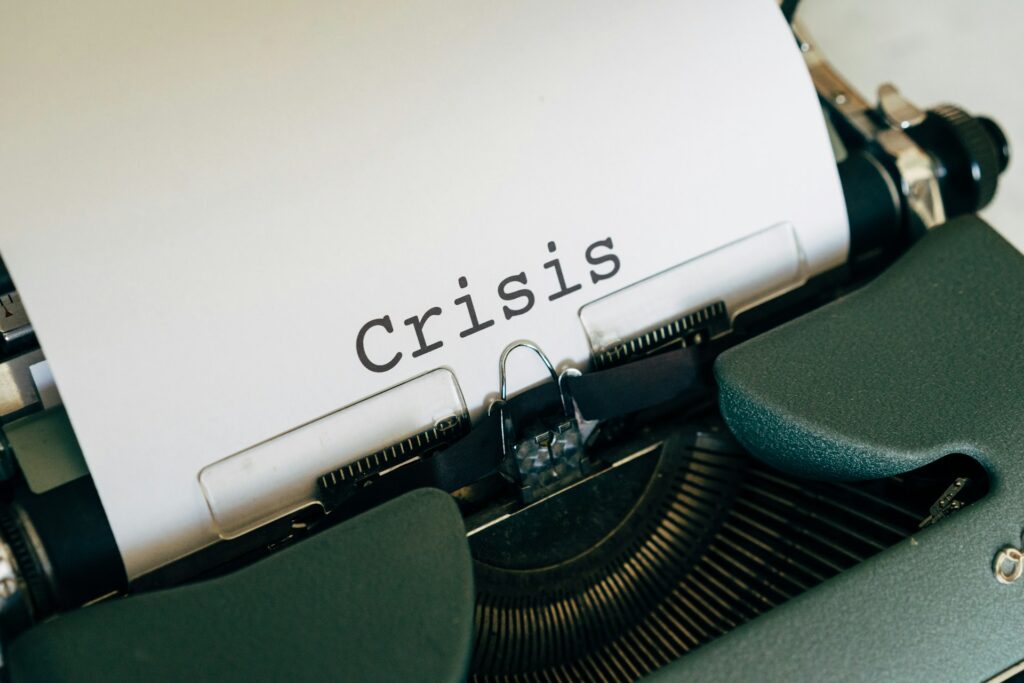In Romania, the months of November and December are times of multiple political changes and of course these changes affect the economic and social environment, but also our daily life. Dynamic periods, such as this one, are characterized by an instability that affects the press as well as the way the public listens to and understands the news. In addition, the high flow of information, news, articles and social media posts can become overwhelming. The Klarmedia team comes to the aid of marketing and communication specialists, as well as the public, with a short guide on how to stay well-informed in times of multiple changes.
Check the reputation and quality of information sources
The first step you need to take to ensure you get accurate information is to choose credible sources. In practical terms, you should opt for publications known for their professionalism and journalistic balance. Ideally, serious magazines, newspapers and TV and radio stations are those that present information based on facts and serious analysis. Of course, you should avoid anonymous sources or obscure websites, which can spread false or biased information. An easy way to check sources is to rely on their track record, public reviews, as well as the official data and sources the publication cites.
Well-known, reputable sources, where serious journalists with access to official data have worked and continue to work, are therefore preferable to obscure ones.
Read the information from multiple perspectives
One of the golden rules of journalism is to check any information from three sources, but the public can also use this trick to check the facts presented by journalists. It’s often advisable to check how information is presented from two or more perspectives, and then run it through your own critical thinking filter. What does this mean in practice? Choosing sources that take a pro, con or neutral stance on a news story, event or piece of current information. Comparing them will help you identify nuances and uncover any biases.
Remember that it is always desirable to look at unfolding events in more than one “mirror” to get closer to the truth and to form an opinion based on different information.
Evaluate the objectivity of journalists and sources
We are all tempted to read and consume information we agree with and resonate with. However, it is good to assess the objectivity of all sources, including your favorite ones, at least once in a while. Whichever newspaper you read, whether online or in the traditional print, or which TV channel you watch, it is useful to ask yourself a few questions to evaluate it correctly: does it have sensational or exaggerated headlines? Does it use “wooden language” or emotional or subjective language? Does it omit citing sources when presenting new information, news or opinions on current events?
If the answer to the above questions is “Yes,” it’s time to look for new sources. This is, by the way, one of the best ways to get accurate information in times of multiple changes.


